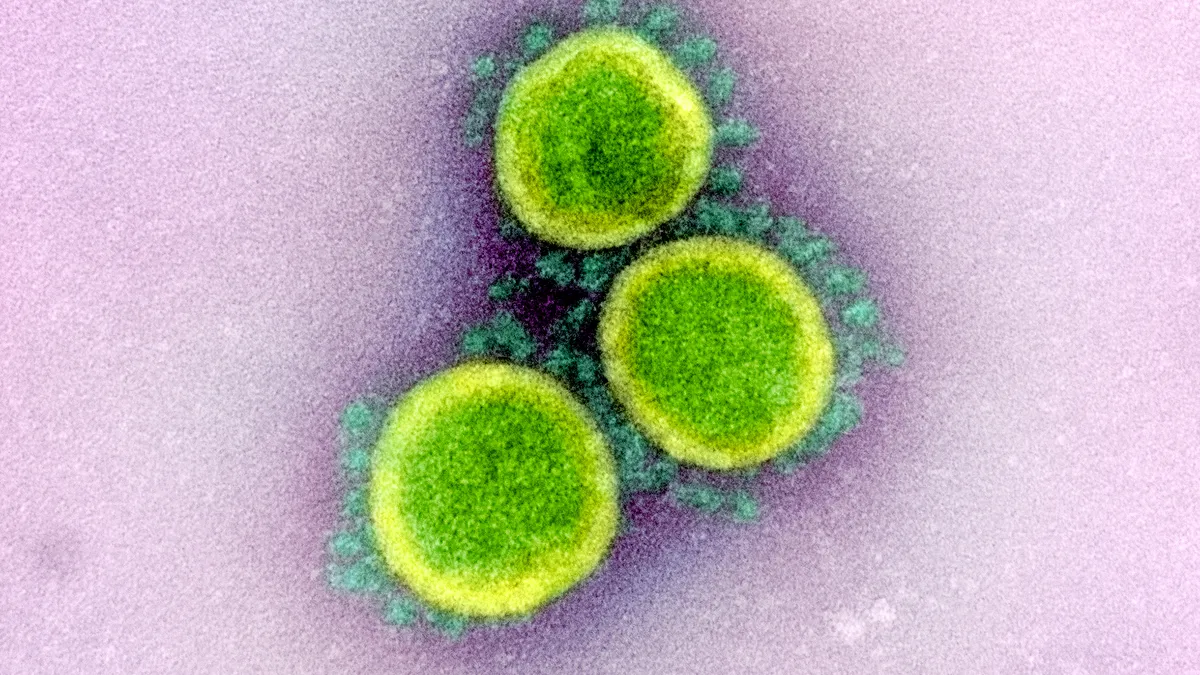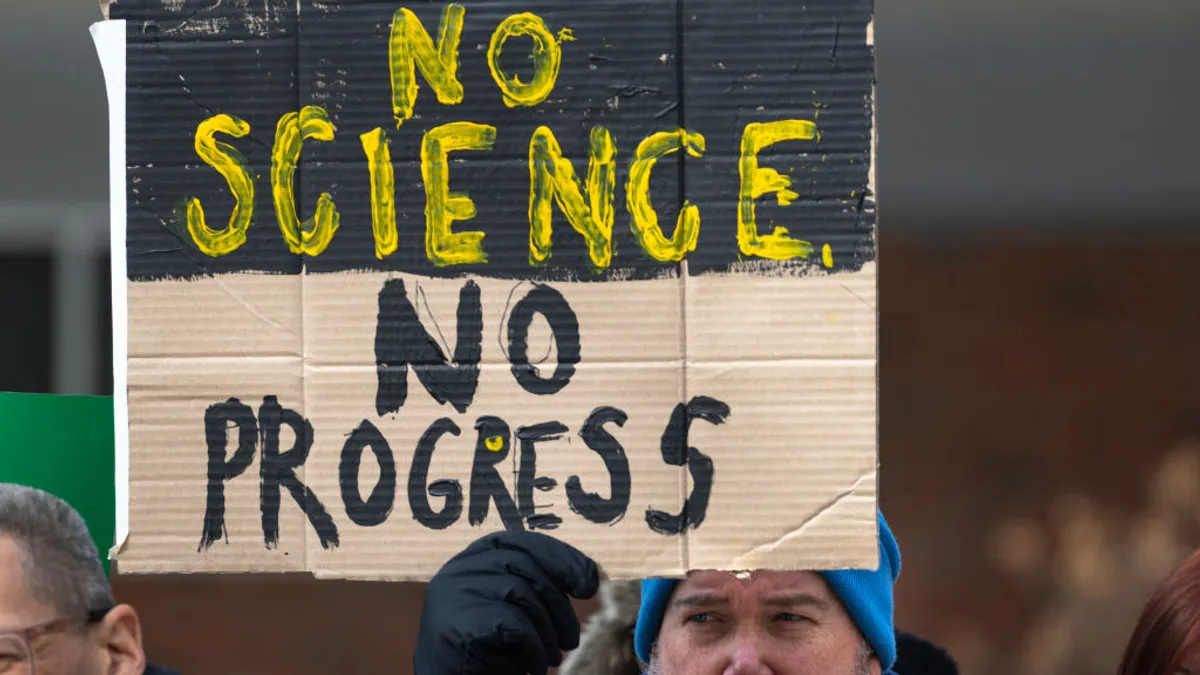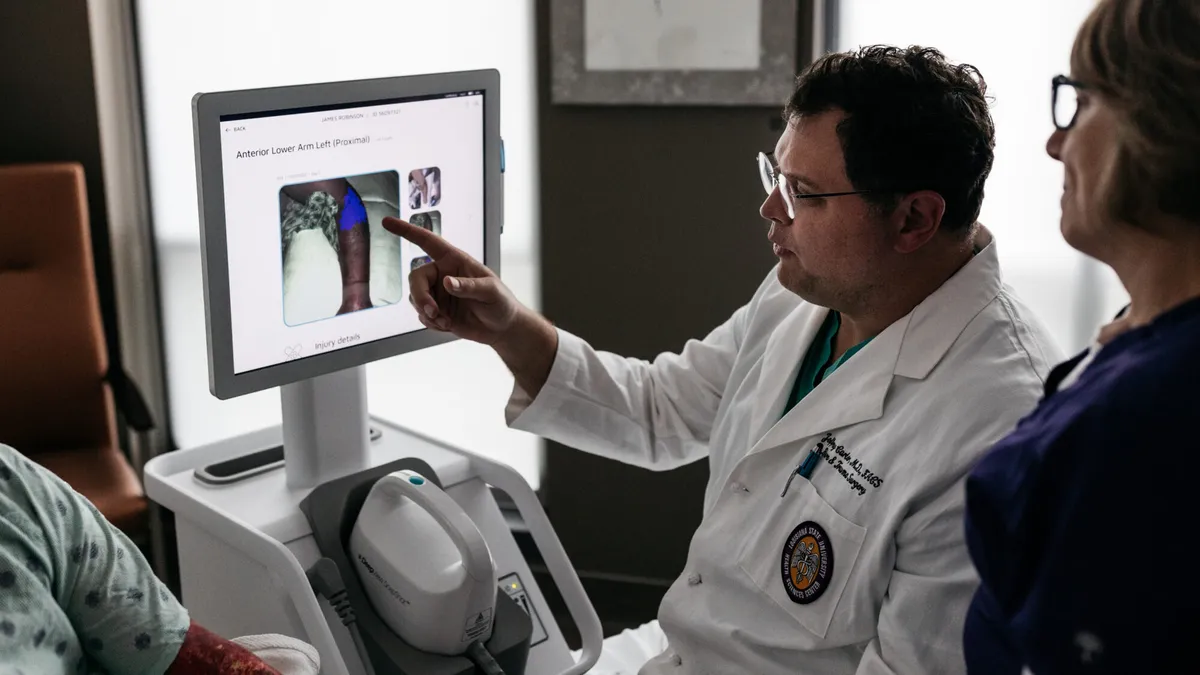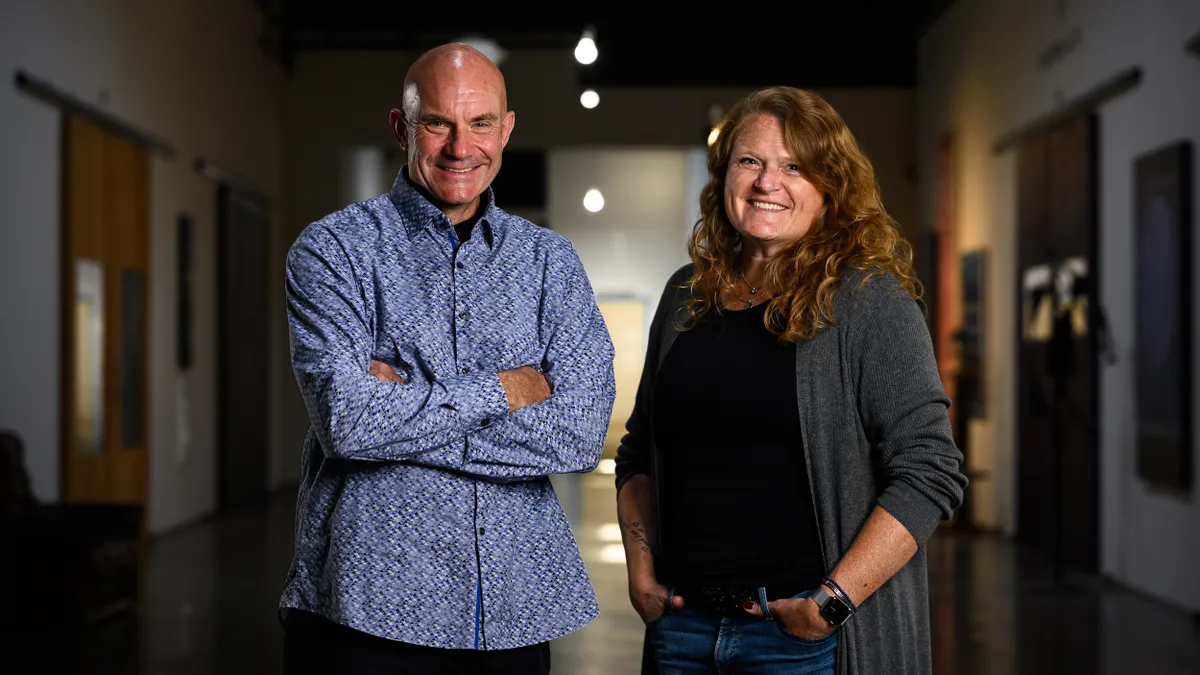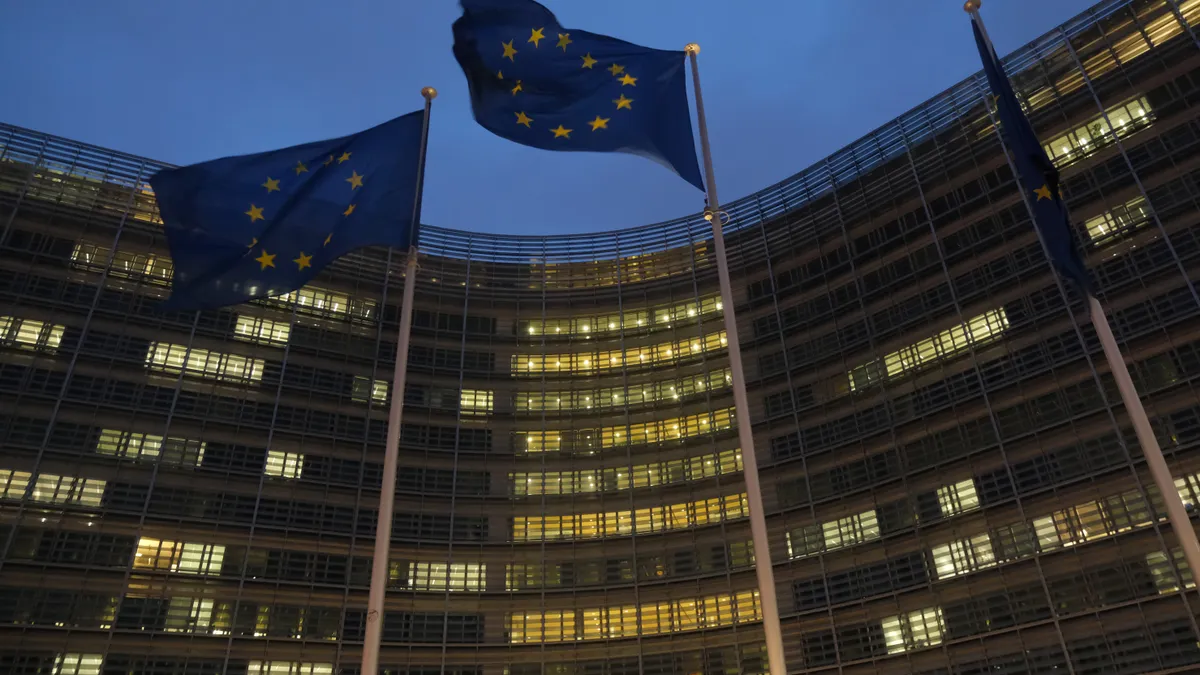Facing a coronavirus variant that experts fear could more easily evade vaccine protection, drugmakers raced last week to set in place plans to respond to omicron, the latest threat in the nearly two-year-old COVID-19 pandemic.
BioNTech, which partnered with Pfizer to develop one of the world's most effective coronavirus vaccines, is already working on a version of its shot tailored to omicron and expects adapting it could take as little as six weeks. Moderna and Johnson & Johnson, makers of two other vaccines for COVID-19, both said they would advance omicron-specific candidates, as did Maryland-based Novavax, which aims to soon ask for U.S. approval of its shot.
Since South African scientists first detected and reported the variant on Nov. 24, countries and public health organizations have raised the alarm about its potential to spread and cause disease, potentially even in vaccinated or previously infected individuals. On Nov. 26, the World Health Organization officially classified omicron as a "variant of concern," alongside delta and three others first identified in late 2020 and early this year.
Their concern stems from the unusually high number of mutations in omicron's genes, particularly the gene that encodes for the virus' characteristic spike protein, the target of many vaccines and drugs currently available for COVID-19.
Several of omicron's spike mutations are also present in delta and other variants of concern, including genetic changes that have been previously associated with increased transmissibility and higher immune evasion. Others are located in the specific areas of the spike protein that vaccine-generated antibodies are designed to latch onto, raising the possibility that vaccine immunity may not be as comprehensive against omicron infections.
So far, the concerns of health officials and experts are largely theoretical; little to no conclusive data is yet available on whether omicron actually does spread more easily or whether it can cause more severe disease. And while the higher number of mutations suggest omicron could more readily escape vaccines, experts expect that currently available shots are still likely to offer some degree of protection.
Still, vaccine makers are indicating they're prepared to move quickly if omicron turns out to meet or exceed current expectations of its potential threat.
"The variant differs significantly from previously observed variants as it has additional mutations located in the spike protein," BioNTech said in an emailed statement. Over the next two weeks, the company said it will be working to evaluate whether omicron should be considered an "escape variant," testing that typically involves exposing blood sera of vaccinated individuals to either an engineered version or live virus sample of omicron.
Should those tests prove omicron to be capable of evading vaccine protection, BioNTech and Pfizer anticipate they could ship initial batches of an adapted vaccine within 100 days.
"The combination of mutations represents a significant potential risk to accelerate the waning of natural and vaccine-induced immunity," Moderna said in a statement last Friday. The biotech company indicated it could advance an omicron-specific candidate into clinical testing in as little as 60 to 90 days. Additionally, Moderna has been developing two other versions of its coronavirus vaccine that cover mutations found in omicron.
J&J, meanwhile, is testing the blood of individuals vaccinated with its shot against omicron, while AstraZeneca, maker of a shot more widely used outside the U.S., said it's "looking into" omicron and can respond quickly.
In some respects, vaccine makers are borrowing from a playbook they've already established as the world responded to the delta variant and, before that, worrisome variants first identified in the U.K. and South Africa. In the latter two cases, both variants spread locally but never reached the spread of delta, which has driven this summer and fall's surge in cases worldwide.
Several, including Pfizer, J&J, AstraZeneca, ran part of their clinical trials establishing their respective vaccine's safety and efficacy in South Africa, potentially aiding them in evaluating how their shot performs against omicron.
While South African scientists were the first to detect omicron, it may have originated in other countries and early cases were detected in Botswana and Hong Kong as well. Since last week, positive cases have been reported in a number of European countries, Israel and Canada.
Over the coming days and weeks, scientists and researchers will have a better sense of how exactly omicron emerged, but its arrival has intensified calls for wealthy nations like the U.S. to do more to share vaccine supplies and technical know-how for manufacturing.
"No country can vaccinate its way out of the pandemic alone," Tedros Adhanom Ghebreyesus, director general of the WHO, said in a speech Monday. "The longer vaccine inequity persists, the more opportunity this virus has to spread and evolve in ways we cannot predict nor prevent."
According to the WHO, more than 80% of the world's coronavirus vaccine doses have gone to G20 countries.


